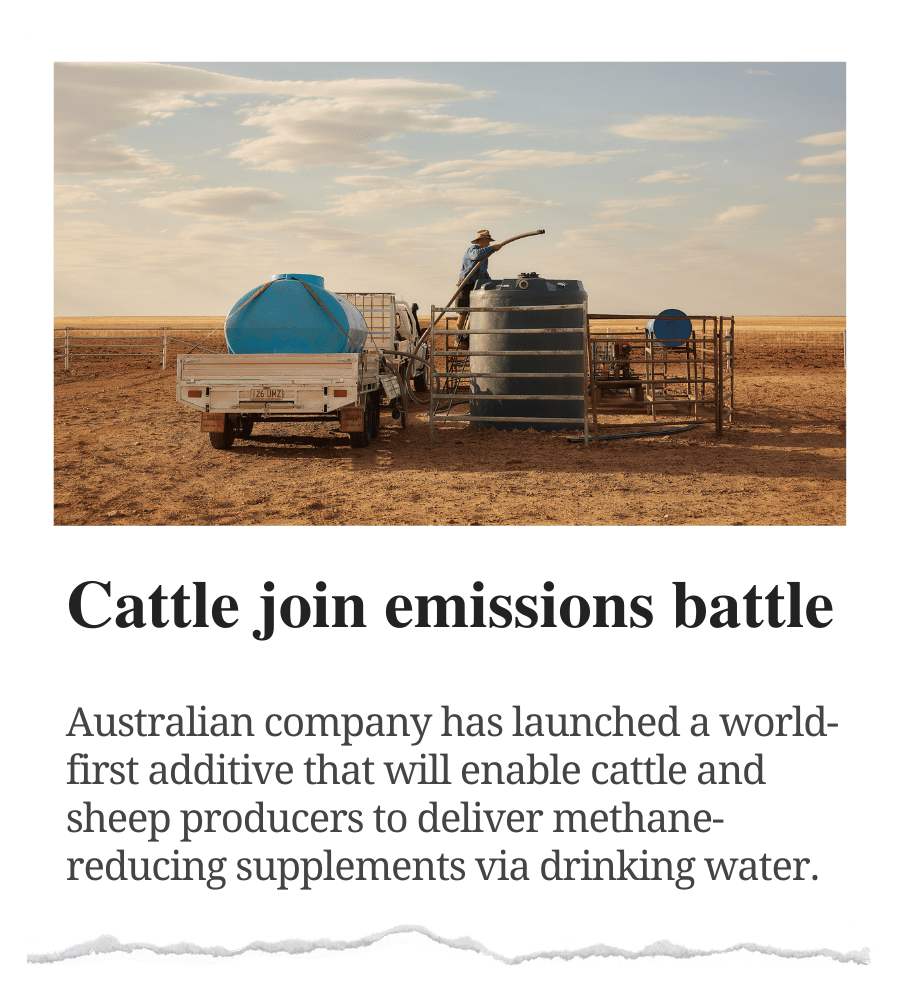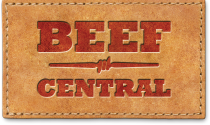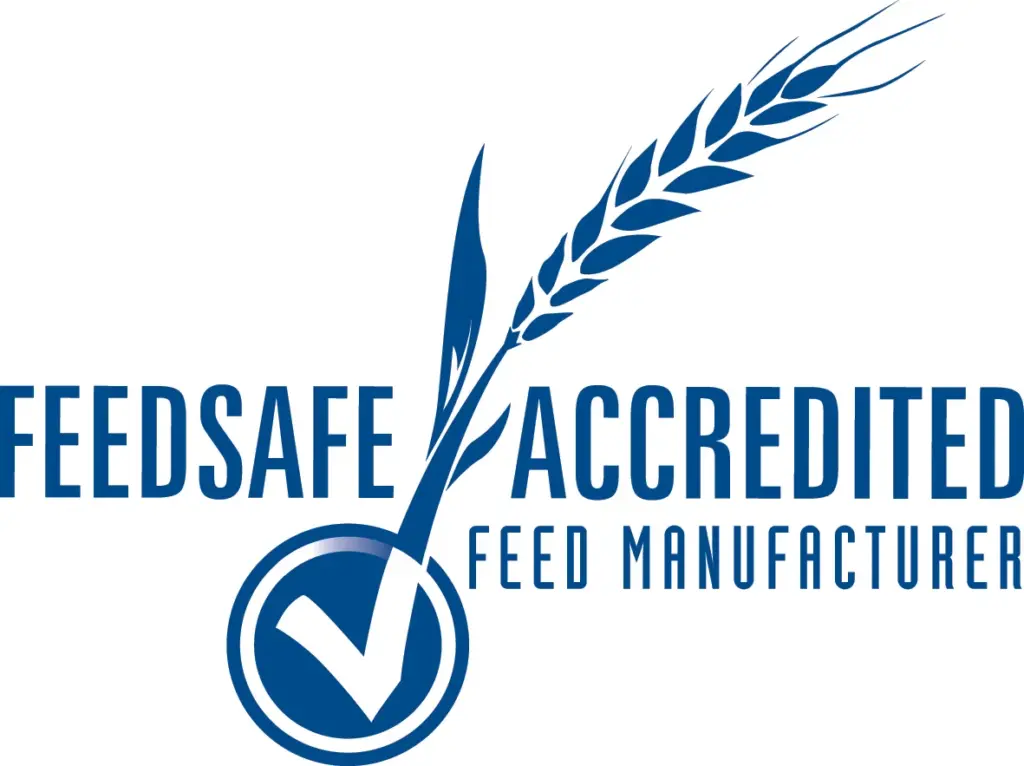Boost productivity
Reduce the work
Get the best results from your supplementation program with Australia’s leading Livestock Water Supplementation and Productivity Platform.

“You don’t get those five or six light cows in a mob that are doing it tough. Our cows consistently look the same, have a shine in their coat, and look healthy.”
Jack Reddan, Lucknow Downs
Maranoa Region, QLD
Supplement your livestock with confidence
Ensure every animal consumes their target amount of supplements, reduce operational costs, and unlock more production potential with DIT AgTech water supplementation systems.
Precise & automatic delivery
Control and monitor remotely
Research-backed supplements
Dedicated to your success
BOOST HEALTH & PRODUCTIVITY
Maintain optimal livestock specs all
year round
- Achieve consistency in animal body weight, score, condition, and wellbeing. Precision supplementing through livestock drinking water gets the target quantity of supplements to every animal, every day.
- Meet liveweight goals faster. Animals receiving supplements through water have higher consumption of Phosphorus, resulting in significantly higher annual liveweight production.
- Improve animal welfare during weaning and transit. Deploy the DIT AgTech uCALM formulation to reduce the impact of stressful events on livestock.
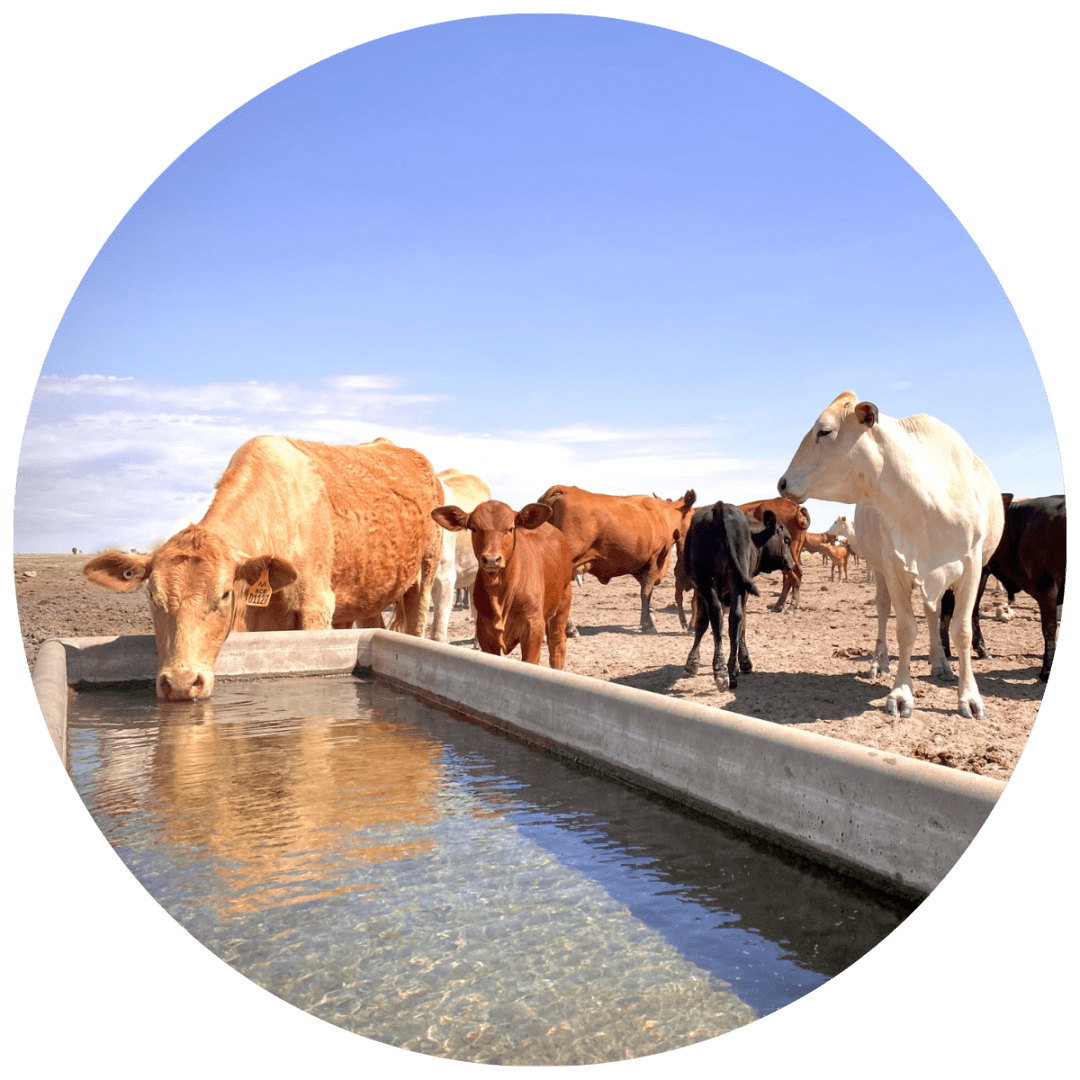
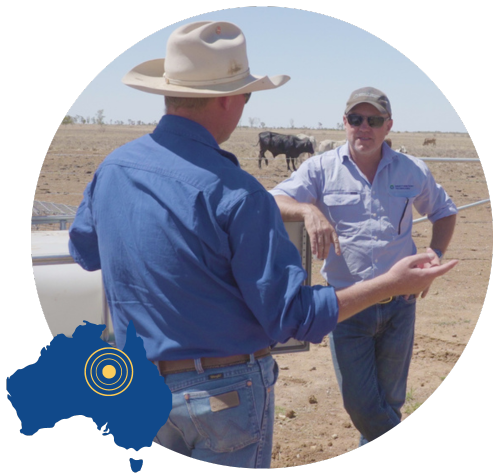
“We’ve seen an increase in reconception rates of around 15% and an increase of half a body score which equates to 20kg or $60 per head.”
Ben McGlynn
Rocklands Station, Camooweal QLD
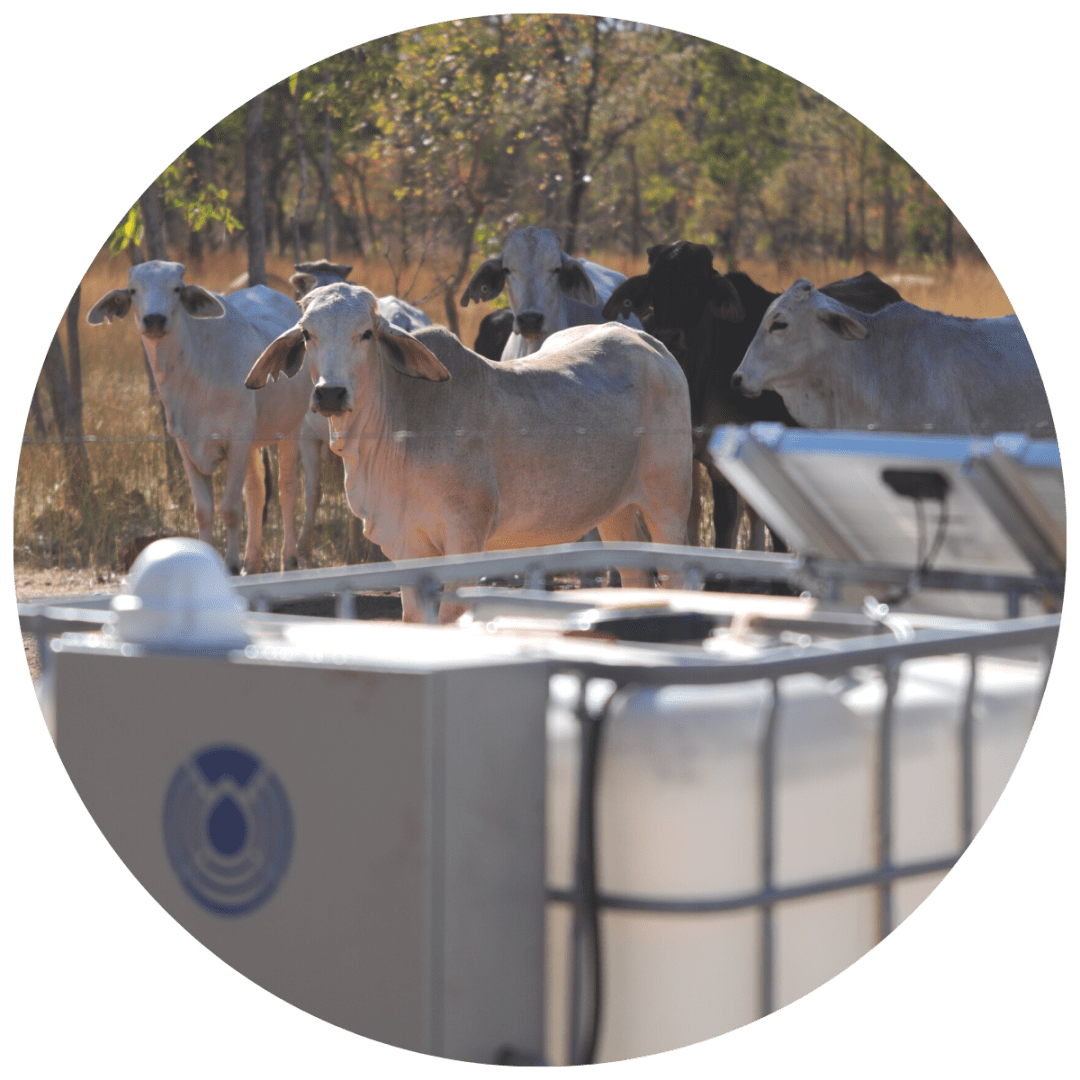
IMPROVE ON-FARM EFFICIENCY
Reduce labour and equipment costs
- Less strain on staff and vehicles. DIT AgTech makes livestock supplementation automatic and remotely controllable, saving your team valuable time and resources.
- Spend more time on what matters. DIT AgTech customers save time by cutting out dry lick runs and manual supplementation. What would you do with a few extra hours each week?
- Less supplement wastage. Dry lick is prone to weather damage and has lower absorption rates in livestock. Water-based delivery limits supplement wastage so you get more for your dollar.
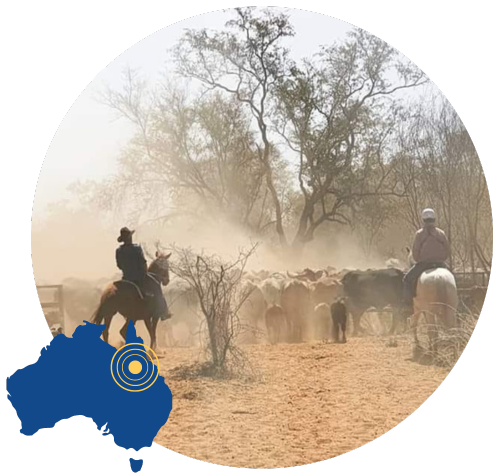
“We have been using DIT AgTech systems now for several years. Due to our stock watering structures we can only effectively supplement for the latter part of the year. However, we have found the systems extremely cost efficient.”
Alister McClymont
CEO, AJM Pastoral
Less emissions
More ambition
DIT AgTech is committed to helping Aussie farmers show the world that growing quality and affordable produce doesn’t have to come at a cost to our environment.
- We have pioneered Australia’s first water-soluble supplement able to reduce livestock methane emissions. It’s called uPRO BLUE and is now available for dispensing through the DIT AgTech uDOSE™️ systems.
- In partnership with Meat & Livestock Australia and CQUniversity Australia, we’re studying additives such as Agolin to find the most efficient and cost-effective additive for methane reduction, deliverable via livestock water.
Tested and perfected on Australia’s largest stations
Supplementing livestock on Australia’s vast rangelands is hard work. DIT AgTech systems and supplements were developed to reduce workloads, boost productivity, and make life easier for Aussie farmers and livestock.
Talk to us about how to get started
Book a free consultation to learn how the DIT AgTech Livestock Water Supplementation & Productivity Platform could work for you.

